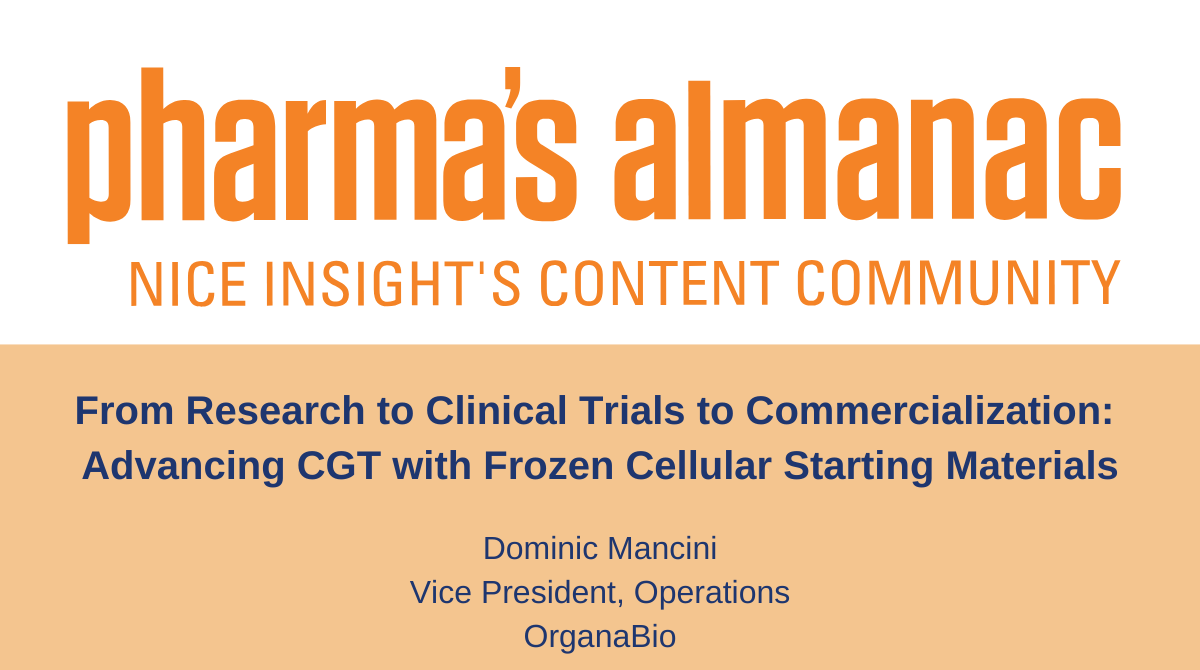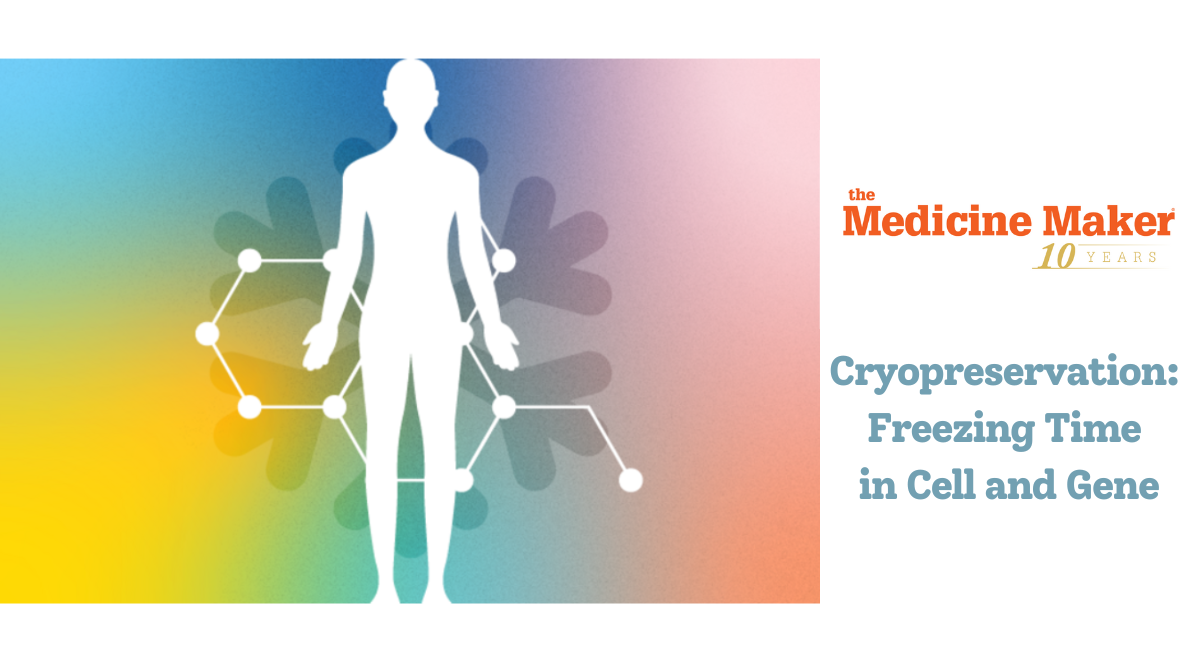Mesenchymal stem/stromal cells (MSCs) are multipotent progenitor cells that possess robust anti-inflammatory and immunomodulatory properties. Due to their apparent safety and their ability to secrete a diverse repertoire of bioactive molecules1, MSCs are rapidly gaining favor as a viable therapeutic option for a number of diseases2, including SARS-CoV-2.
Although initially identified in bone marrow, MSCs can be isolated from numerous adult, fetal, and perinatal tissues. Up to now, characterization of MSCs has relied solely on a handful of cellular markers3, regardless of MSC tissue of origin. Even though all MSCs are known to express this core combination of cell surface antigens, there is a growing body of evidence to suggest that tissue-specific MSCs may exhibit unique gene- and protein-expression profiles. As a result, MSCs isolated from various tissues may exert differential biological effects in the context of different disease environments. Thus, as the spectrum of MSC therapeutic applications4 continues to grow, there is an increasing need to standardize the identity and specific function of MSCs derived from different tissue sources.
To do this, biomedical researchers are turning to modern data sciences to evaluate the unique expression signatures of various MSC subtypes. The fields of genomics, transcriptomics, and proteomics focus on analyzing the complete gene- and protein-expression patterns of a given cell type. These “-omic” sciences may yield the necessary tools to confidently validate MSC identity and support standardization of MSC-based products. Indeed, MSC-omics may further enable targeted selection of MSC subpopulations as well as enhanced predictive modeling of therapeutic efficacy, driving development of MSC-based therapeutics to new heights.
Recent studies using these methods to interrogate the MSC proteome5 and transcriptome6 have demonstrated that both significant differences and reliable similarities exist in the secretion signatures of various MSC cohorts. Computational RNAseq analysis has revealed that MSCs derived from umbilical cord and bone marrow each consistently express an array of over 400 unique genes. Expression levels of the vast majority of these genes were further found to remain constant even after activation by cytokine stimulation, and after serial expansions in culture. These findings underscore the utility of RNAseq technology to identify MSC lineage regardless of expansion platform, growth kinetics, senescence or prior inflammatory challenge.
In contrast to the overwhelming commonality observed in MSC gene expression, recent proteomic analysis of the MSC secretome has revealed substantial differences in the protein secretion profiles of adult- and fetal-derived MSC populations. It therefore stands to reason that, due to these observed differences in protein secretion, MSCs derived from specific tissues may exert differential biological effects in the context of certain disease models. This proteomic analysis demonstrated that MSCs derived from adult tissues (such as adipose and bone marrow) exhibit a tendency to secrete higher levels of proteins related to cellular migration and anti-apoptotic (programmed cell death) pathways; Whereas, MSCs derived from fetal tissues (placenta, umbilical cord, and Wharton’s Jelly) were found to have generally more diverse protein composition and tended to express higher levels of proteins related to angiogenesis (blood vessel formation).
Together, these studies highlight the power of MSC-omics to 1) provide enduring, rapid, and high-resolution lineage characterization that exceeds the current methods of MSC identification and standardization; and 2) quantify functional differences in tissue-specific MSCs that may enable targeted selection of MSCs from specific tissues and MSC sub-populations for enhanced therapeutic efficacy. As the science behind MSC-based biotechnology continues to mature, OrganaBio is committed to maintaining the highest-quality products and services to support leading-edge preclinical and clinical technology advancements. With access to mission-critical resources, control of a proprietary supply chain, and flexible manufacturing solutions, OrganaBio is uniquely positioned to help our customers advance through clinical translation and commercialization of MSC-based therapeutics.






